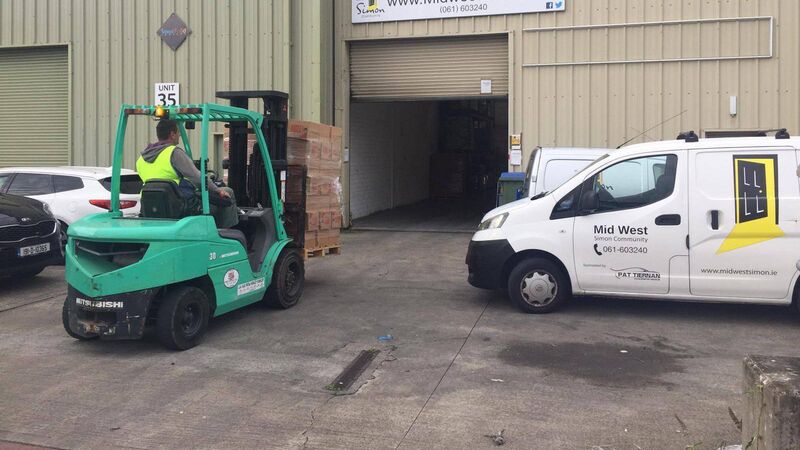First 'social grocery' in Munster to open in Limerick in fight against food poverty

The initiative will be launched by Mid-West Simon in the coming year.
A new initiative by a homeless charity in Limerick city aims to offer food at a heavily subsidised price for those in need.
Midwest Simon says it will open a 'social grocery' in the next year, offering people in food poverty the chance to buy food at a heavily subsidised price.
















